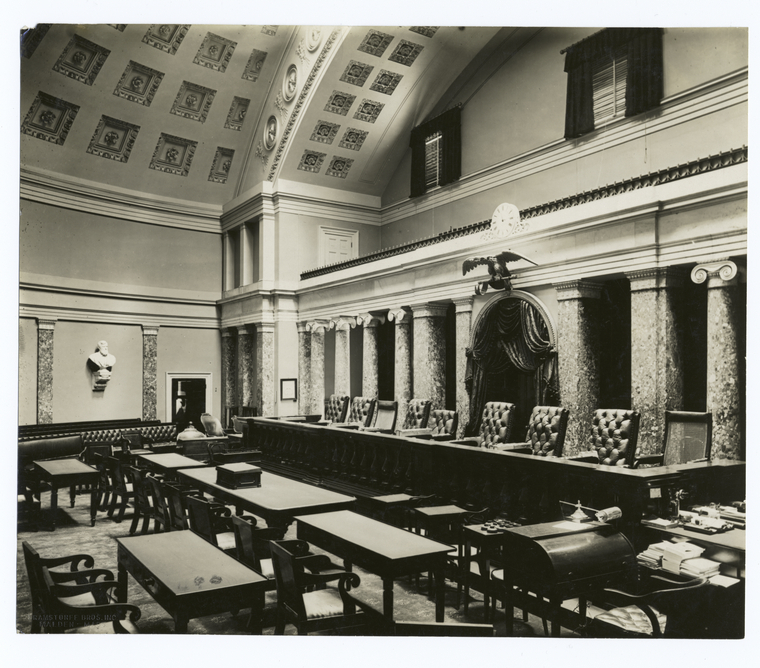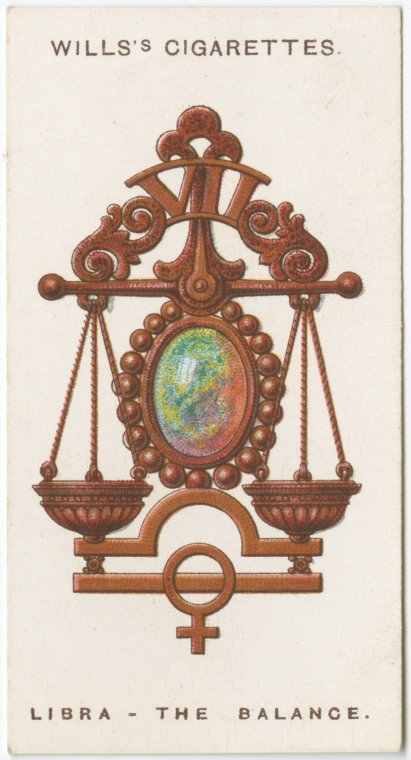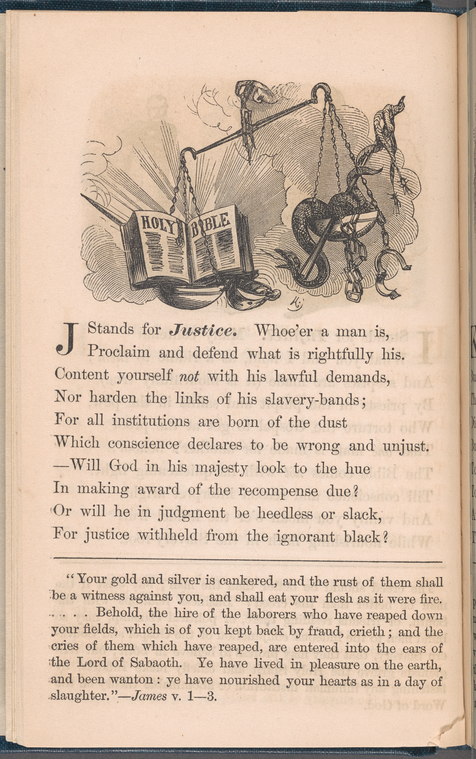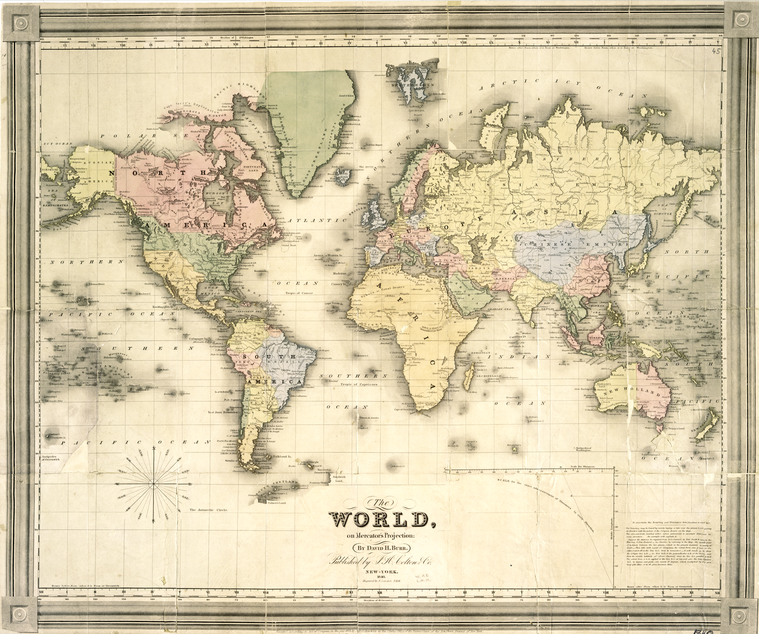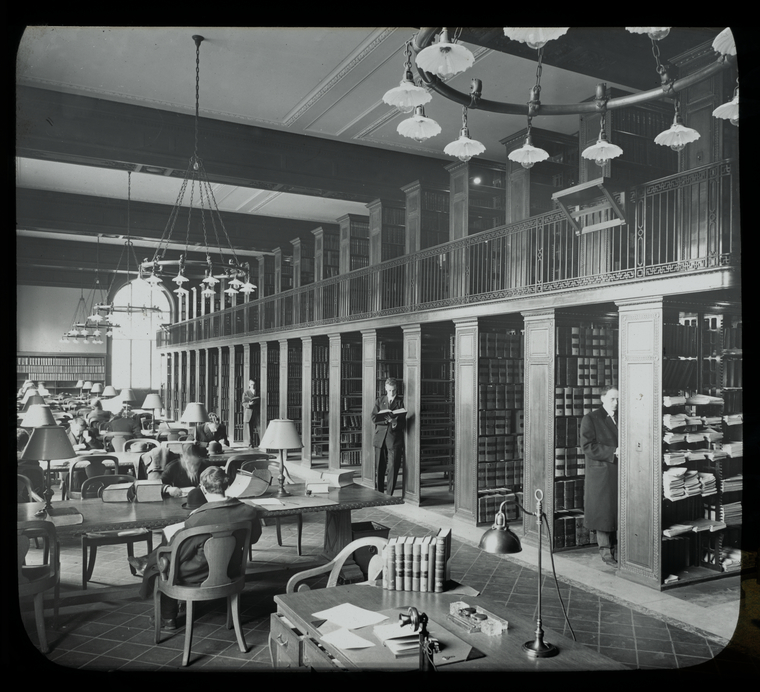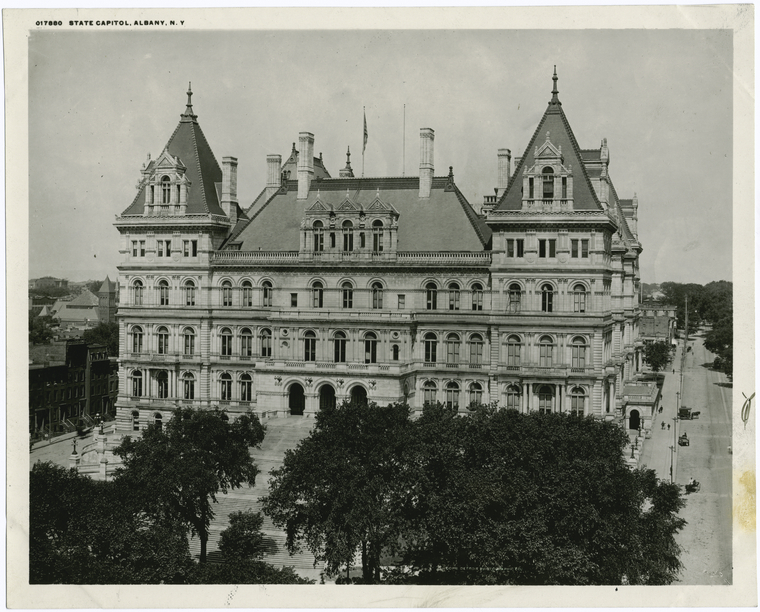The Jury Duty Reading List
by Billy Parrott, Associate Director, Stavros Niarchos Foundation Library (SNFL)
January 16, 2018
Have you been called to serve your civic duty? Here's a list of books you'll want to check out.
Celebrating Law Day: The 14th Amendment & NYPL's Electronic Resources
by NYPL Staff
May 3, 2017
This week, The New York Public Library is celebrating Law Day by focusing on arguably the most impactful amendment to the United States Constitution—the 14th Amendment.
June Author @ the Library Programs at Mid-Manhattan
by Alison N. Quammie, Senior Librarian, Stavros Niarchos Foundation Library (SNFL)
June 1, 2016
Strengths and strains of adult-sibling relationships...genetic genealogy, issues of race, slavery reparations and reconciliation...the complex story of the South Street Seaport District...a gritty story of corruption, greed and law enforcement in Brooklyn...the adventures of Sherlock Holmes... Join us this month for one or more of the author talks at Mid-Manhattan.
How We Expand Access to Our Public Domain
by Greg Cram
February 17, 2016
Learn how the work of the Copyright and Information Policy team contributed to the recent public domain release, and continues to expand access to our collections.
Joseph Hawley Papers Digitized
by Mark Boonshoft
October 8, 2015
As part of the Early American Manuscripts Project, the Library has just digitized and made available online the Joseph Hawley papers. Hawley was a lawyer, legislator, and militia officer from Northampton, Massachusetts.
The Palimpsest of Justice: Law, Narrative, and the Romantic Self
by Elizabeth Denlinger, Curator, Pforzheimer Collection of Shelley and His Circle, Stephen A. Schwarzman Building
September 10, 2015
From 1750 to 1830, the legal landscape of Great Britain was significantly transformed. An accusatory form of trial gave way to an adversarial format—which was echoed in the periodical wars of the romantic press.
Lawmen and Badmen: The Tin Star of the Old West
by Andy McCarthy, Milstein Division of U.S. History, Local History & Genealogy, Stephen A. Schwarzman Building
March 9, 2015
In the early American West, the lawman might be a U.S. marshal, appointed by the Attorney General, or he might be a local sheriff elected to office by the townfolk. The distinction often makes no difference in old Western movies, but is an optimum detail in the pursuit of genealogy and local history research in the Milstein Division, where reference librarians must wrangle between the local, county, state, and federal levels in order to rope in relevant resources for patron requests.
Opportunities for Graduating Law Students from the U.S. DOL
by Magdalene Chan, Thomas Yoseloff Business Center at SNFL
July 18, 2014
This is a news release from the U.S. Department of Labor, Secretary Tom Perez talks about the Honors Program in the Office of the Solicitor at the Labor Department on July 14, 2014.
Booktalking "'They're Bankrupting Us!' and 20 Other Myths About Unions" by Bill Fletcher
by Miranda McDermott, Harry Belafonte 115th Street Library
March 10, 2014
Twenty-one myths as presented in Bill Fletcher, Jr.'s book.
elaws: Employment Laws Assistance for Workers and Small Businesses
by Magdalene Chan, Thomas Yoseloff Business Center at SNFL
December 19, 2013
Do you have employment legal issues and would like to seek help from an employment law advisor?
elaws may be an important source of legal information for you.
The elaws Advisors are one of a number of tools developed to further Department of Labor's dedication to provide clear, accurate and accessible information on its laws and protect the wages, health benefits, retirement security, safety and health of America's workforce.
The elaws (Employment Laws Assistance for Workers and Small
September Author @ the Library Programs at Mid-Manhattan
by Elizabeth Waters, AskNYPL
August 30, 2013
The centrality of sunshine… the most fascinating New York Times obits of the year… the riddle of the
Landmark U.S. Supreme Court Decisions: A Book List
by Stevie Feliciano, Hudson Park Library
July 2, 2013
Last week, the United States Supreme Court ruled Section 3 of the Defense of Marriage Act (DOMA) to be unconstitutional under the Due Process Clause of the Fifth Amendment.
In 1996 DOMA was signed into law by President Bill Clinton, barring federal recognition of same-sex marriages for purposes such as Social Security survivors' benefits, insurance benefits, immigration and tax filing.
Section 3 of the law defines marriage as "a legal union between one man and one woman as husband
Booktalking "Stealing Your Life: The Ultimate Identity Theft Prevention Plan" by Frank Abagnale
by Miranda McDermott, Harry Belafonte 115th Street Library
April 16, 2013
Writing a personal check... purchasing items online... throwing out the trash, and bringing in the mail. You probably did not think that these activities could be putting you at risk, but you could be wrong. Personal checks are full of information that identity thieves relish. Hackers love stealing personal information online, possibly while sipping a
Closing the Equal Pay Gap: 50 Years and Counting
by Magdalene Chan, Thomas Yoseloff Business Center at SNFL
April 11, 2013
President Barack Obama officially declared Tuesday, April 9, 2013 as National Equal Pay Day. In a statement issued Monday, April 8, Obama said, "Women, who make up nearly half of our nation's workforce, face a pay gap that means they earn 23 percent less on average than men do. This disparity is even greater for African-American women and Latinas. On National Equal Pay Day, we recognize this injustice by marking how far into the new year women have to work just to make what
What's Next? WestlawNext: A Legal Resource for NYPL
by Kenneth Johnson, Thomas Yoseloff Business Center at SNFL
March 19, 2013
Free legal resources on the Internet are great for everyone's needs. Until they aren't. So, what do you do next?
Libraries — public libraries — are for many a community the place where citizens expect to find law-related resources: Federal and State legislative and regulatory materials, and in many larger communities case law and lawyer-oriented secondary sources for those carefully researching legal issues. The move to web-based legislative, administrative and other legal resources by Federal and State governments and court systems is, of course, a trend
Happy Public Domain Day, 2013!
by Bob Kosovsky, Librarian, Rare Books and Manuscripts, Music Division, New York Public Library for the Performing Arts, Dorothy and Lewis B. Cullman Center
January 2, 2013
No copyright!
Our markets, our democracy, our science, our traditions of free speech, and our art all depend more heavily on a Public Domain of freely available material than they do on the informational material that is covered by property rights. The Public Domain is not some gummy residue left behind when all the good stuff has been covered by property law. The Public Domain is the place we quarry the building blocks of our culture. It is, in fact, the majority of our culture.
—James Boyle, The Public Domain, p.40f, 2008, quoted on the
I.P. Guide: International Patent Information at NYPL
by Kenneth Johnson, Thomas Yoseloff Business Center at SNFL
August 24, 2012
We pride ourselves on our United States patent system. But, to misquote, all patents are local (or at least national). So anyone who wants patent protection in another country will have to meet the filing and legal requirements of that national government. And, of course, do a patent search!
Fortunately, there is an online patent search site that will search almost all international patents (including United States patents): Espacenet (discussed below). Of course, as with United states patents, some types of research into patents for other
I.P. Guide: United States Patent Information at NYPL
by Kenneth Johnson, Thomas Yoseloff Business Center at SNFL
August 16, 2012
Government Information: Guides to Official New York State Resources
by Kenneth Johnson, Thomas Yoseloff Business Center at SNFL
July 13, 2012
Some may regret the passing of libraries receiving goverment information in paper form. But the goal of digitization isn't sensory deprivation; and anyway, paper materials started to disappear before the Internet came along — think microfiche, microfilm, even microcards (and yes, we have some of those at NYPL). Maybe someday all official goverment documents will be available online. However, not yet — there are still paper, and microform, collections here at SIBL.
Haiti's Patent Law of 1826 - Solution and Wrap-Up
by Kenneth Johnson, Thomas Yoseloff Business Center at SNFL
April 19, 2012
Last June, I made note of one of SIBL's patent pamphlets cataloged long ago as the Haitian Patent Law for 1826. I had my doubts about it, and wondered if anyone could help. Now, to wrap things up I thought I'd share some of what I learned here... and give an answer to the question "what is it?"
The document's title is Loi sur les patentes. Patente is not French for what in everyday speech we call a patent. As I should have known from seeing it elsewhere,
 With your library card, it's easier than ever to choose from more than 300,000 e-books on SimplyE, The New York Public Library's free e-reader app. Gain access to digital resources for all ages, including e-books, audiobooks, databases, and more.
With your library card, it's easier than ever to choose from more than 300,000 e-books on SimplyE, The New York Public Library's free e-reader app. Gain access to digital resources for all ages, including e-books, audiobooks, databases, and more.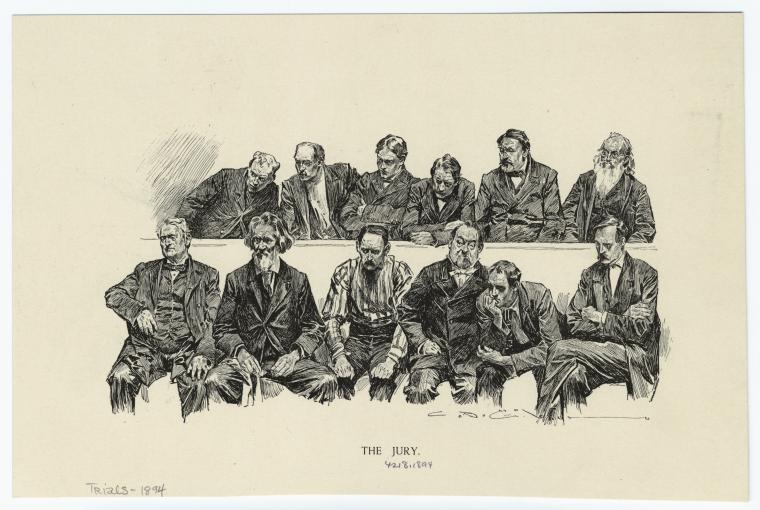



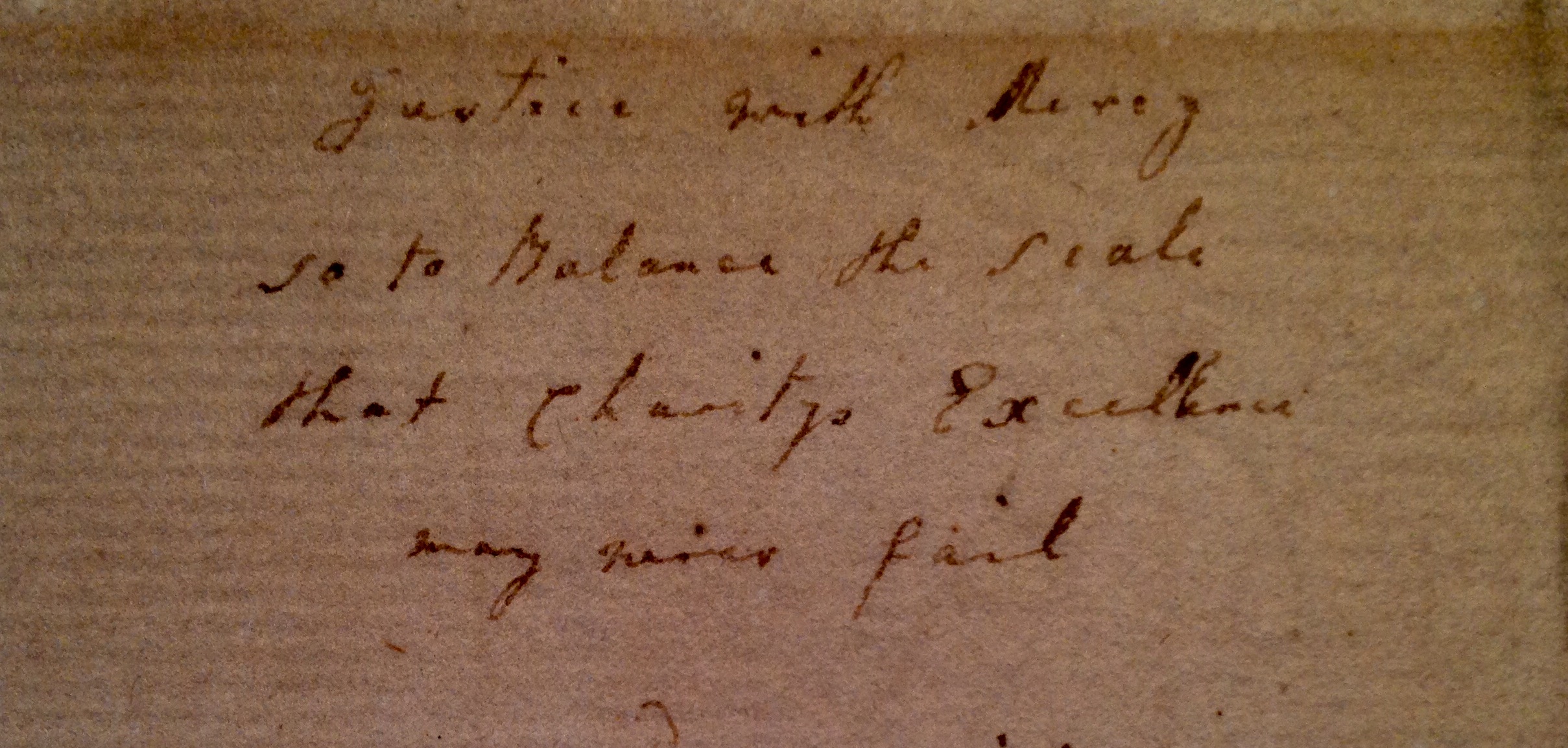

![[Gunslinger in the church.]](https://images.nypl.org/index.php?id=G98F842_002&t=w)

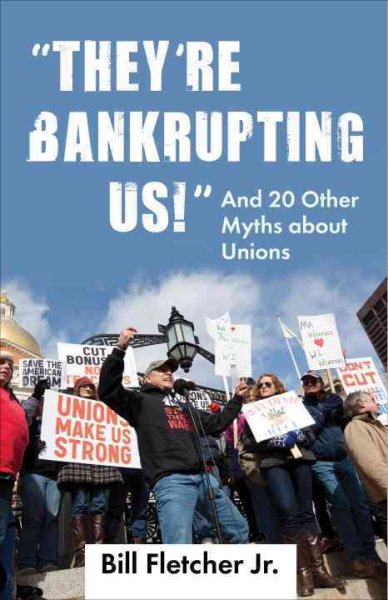


![[Woman in a green dress sits at a table with a copy of Lippincott's in front of her.],Lippincott's September., Digital ID 1259028, New York Public Library [Woman in a green dress sits at a table with a copy of Lippincott's in front of her.],Lippincott's September., Digital ID 1259028, New York Public Library](https://images.nypl.org/?id=1259028&t=w)
